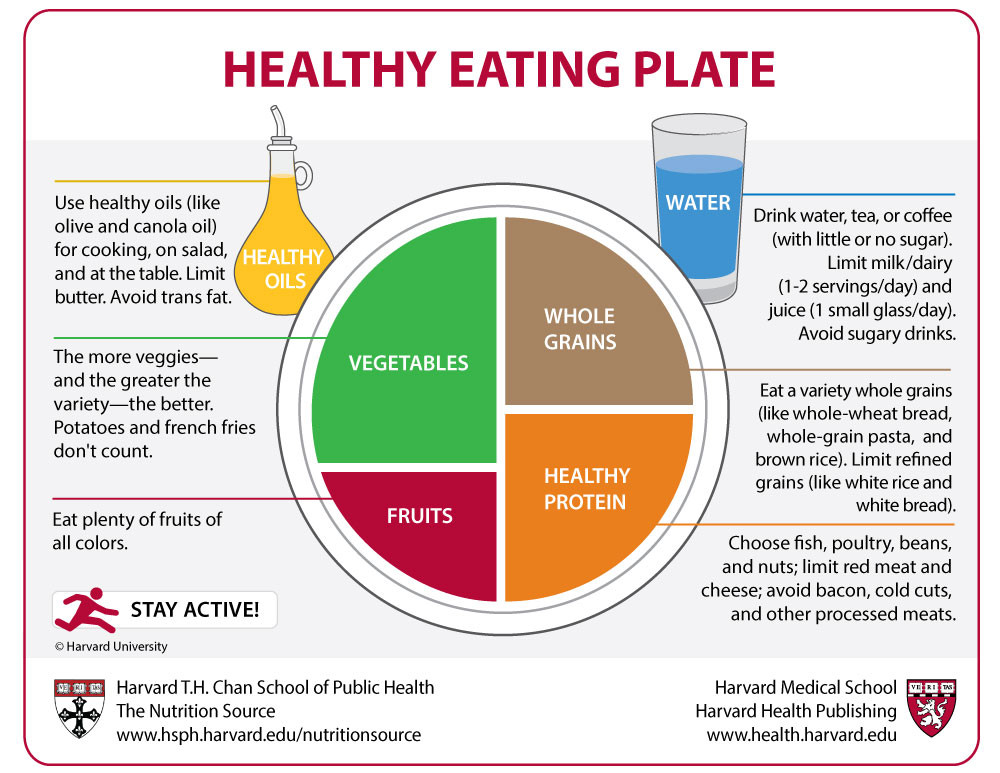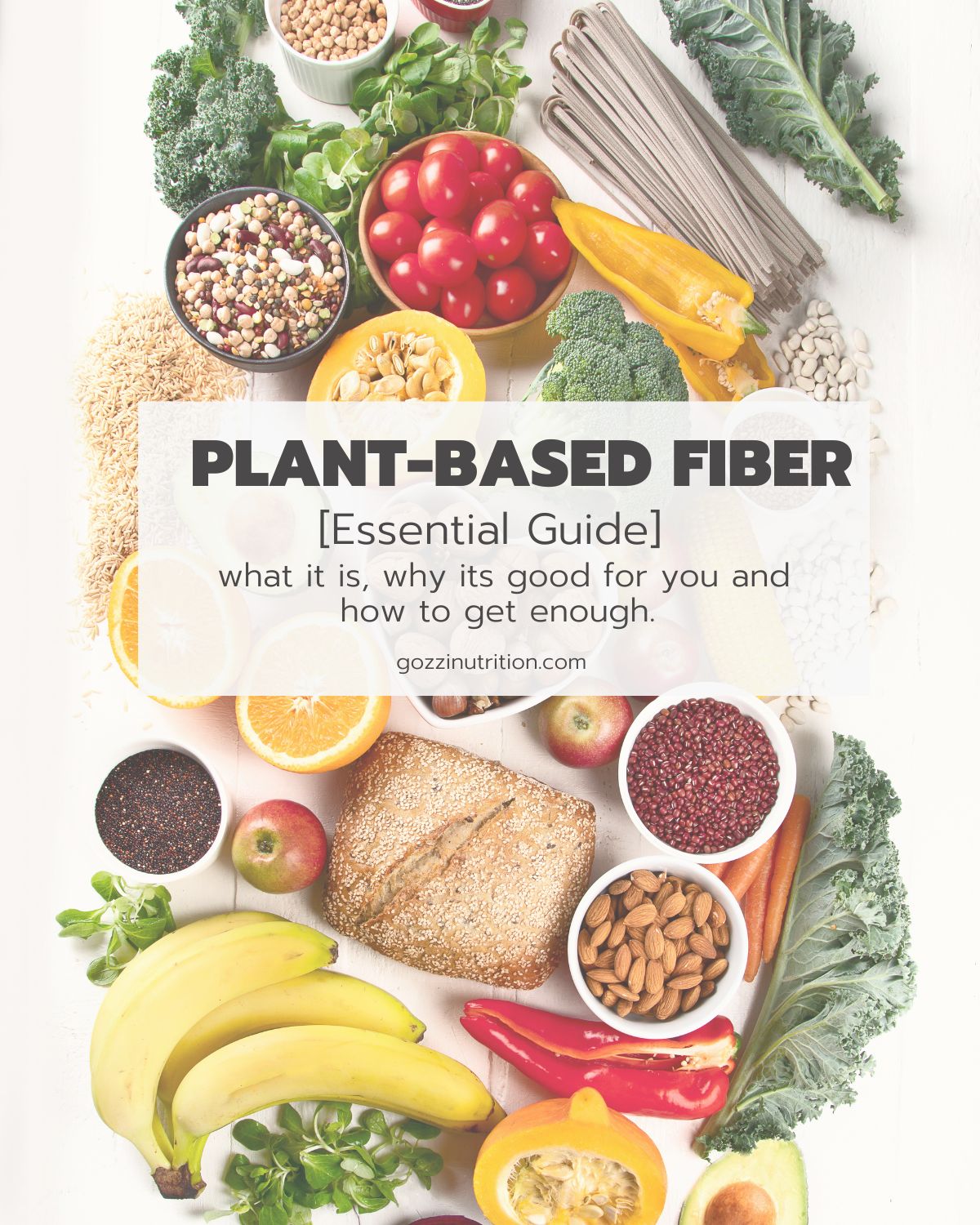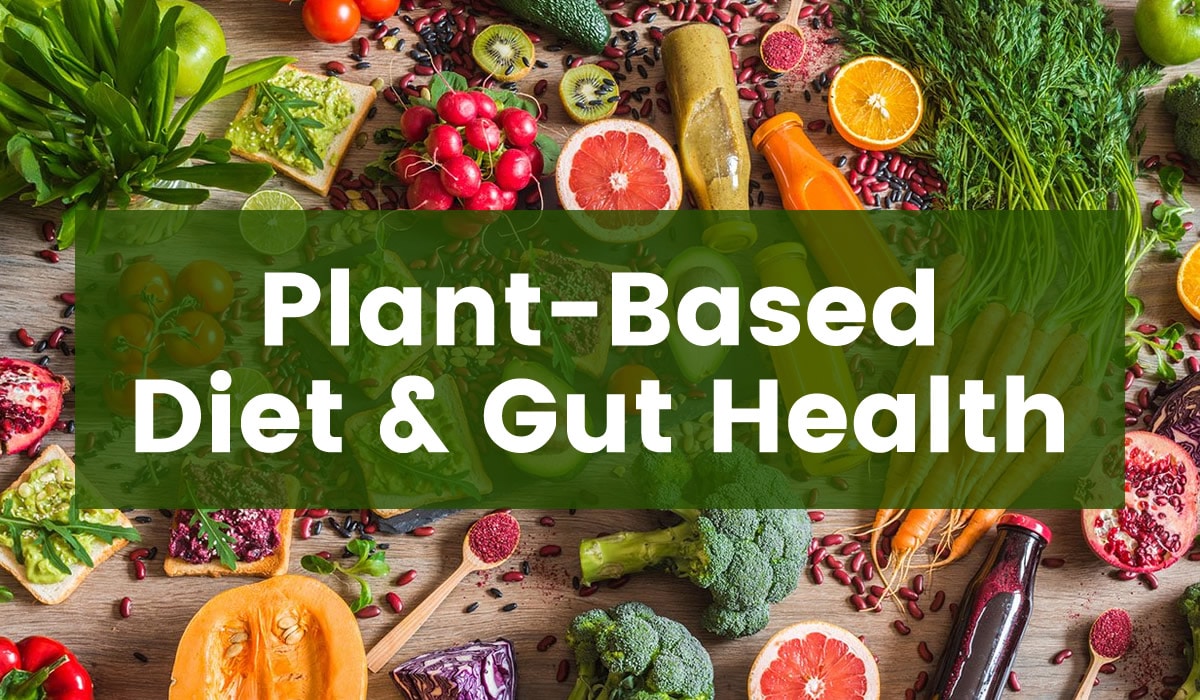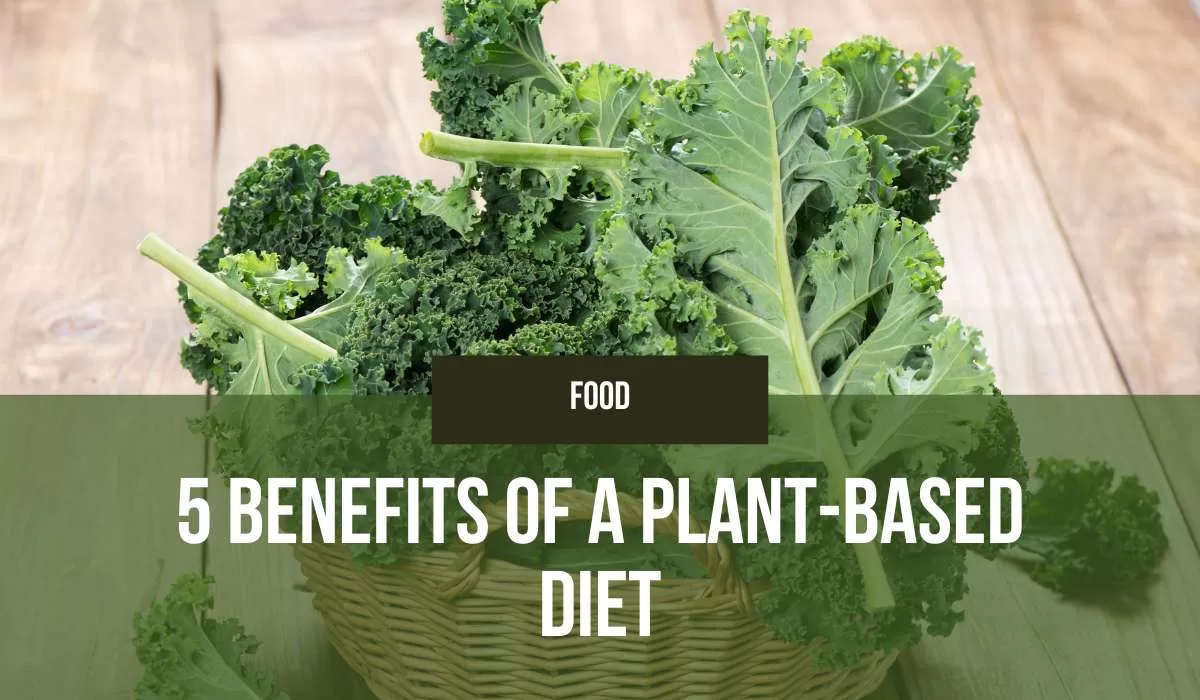Enjoy a plant-based diet for a healthier you. By choosing plant-based foods, you can benefit your overall health. Your heart will thank you as a plant-based diet lowers the risk of heart disease. Additionally, managing your weight becomes easier due to the natural low calorie content of plant-based foods. Your body thrives on the nutrients from plants, promoting improved digestion and a stronger immune system. Transitioning to a plant-based diet positively impacts your well-being in numerous ways.
Benefits of a plant-based diet on heart health

A plant-based diet is great for your heart health. It helps lower your risk of heart disease by reducing cholesterol levels and blood pressure. Plant-based foods are rich in nutrients like fiber, antioxidants, and healthy fats that support a healthy heart. By choosing plants over animal products, you can improve your heart health and overall well-being. Make the switch to a plant-based diet to keep your heart strong and healthy.
Impact of plant-based diet on weight management
When you switch to a plant-based diet, you may find it easier to manage your weight. Plant-based foods are typically lower in calories and saturated fats compared to animal products. This can help you maintain a healthy weight or even shed some extra pounds. The high fiber content in plant-based foods also keeps you feeling full longer, reducing the likelihood of overeating. Incorporating more fruits, vegetables, whole grains, and legumes into your meals can support your weight management goals.
Enhanced Nutrient Intake

By choosing a plant-based diet, you increase your intake of essential nutrients. Plant foods are packed with fiber, vitamins, and minerals vital for your overall health. Fruits and vegetables offer a variety of nutrients that support your body’s functions and contribute to your well-being. Incorporating a range of plant-based foods into your meals ensures you get a diverse array of nutrients that can enhance your overall health and vitality. Prioritizing plant-based options is a simple way to boost your nutrient intake effectively.
Increase in fiber intake through a plant-based diet

When you choose a plant-based diet, your fiber intake naturally increases. Plant foods like fruits, vegetables, whole grains, nuts, and seeds are rich in fiber. Fiber aids in digestion and helps maintain a healthy gut. With plant-based meals, you easily reach your daily fiber needs, promoting regularity and supporting your digestive health. By incorporating more plant foods, you effortlessly boost your fiber intake, leading to better overall well-being and a happier gut.
Vitamins and minerals obtained from plant-based foods
Plant-based foods offer a plethora of essential vitamins and minerals. Fruits and veggies provide vitamin C for immunity, while leafy greens like spinach offer iron for energy. Nuts and seeds are rich in magnesium for muscle function, and whole grains contain B vitamins for metabolism. Legumes supply zinc for immune health, and sweet potatoes offer vitamin A for vision. By incorporating a variety of plant-based foods, you effortlessly obtain the vital nutrients your body needs to thrive.
Reduced Risk of Chronic Diseases
By choosing a plant-based diet, you can significantly lower your risk of chronic diseases. Plant foods are naturally low in saturated fats and cholesterol, reducing the chances of heart disease. The abundance of fiber from fruits, vegetables, and whole grains helps regulate blood sugar levels, decreasing the likelihood of developing type 2 diabetes. Incorporating plant-based foods into your daily meals can have a powerful impact on preventing various chronic health conditions.
Effects of a plant-based diet on lowering cholesterol levels
Adopting a plant-based diet can help you lower your cholesterol levels. Plant foods are naturally low in saturated fats, which can decrease the amount of harmful cholesterol in your body. By incorporating more fruits, vegetables, nuts, and whole grains into your meals, you provide your body with essential nutrients that support healthy cholesterol levels. Making this dietary change can positively impact your overall heart health and reduce the risk of cardiovascular diseases.
Lowered risk of developing type 2 diabetes

By following a plant-based diet, you can reduce your chances of developing type 2 diabetes. Plant foods are rich in fiber, vitamins, and minerals that help regulate blood sugar levels. This diet can lower your risk of insulin resistance and improve your body’s ability to manage glucose effectively. By choosing plant-based options over processed foods and meats, you support a healthier lifestyle that can prevent the onset of type 2 diabetes.
Environmental Sustainability
Reducing your meat consumption and transitioning to a plant-based diet significantly lower your carbon footprint. Plant foods require fewer resources to produce, reducing greenhouse gas emissions. By choosing plant-based options, you contribute to the conservation of water resources, as the production of plant foods consumes less water compared to animal agriculture. Embracing a plant-based lifestyle can have a positive impact on the environment by promoting sustainability and responsible resource management.
Carbon footprint reduction by adopting a plant-based diet
By choosing a plant-based diet, you help lower your carbon footprint significantly. Plant foods require fewer resources to grow compared to animal products, reducing greenhouse gas emissions. Your decision to eat more plants directly contributes to environmental sustainability by decreasing the environmental impact of food production. This simple dietary shift plays a vital role in promoting a healthier planet for future generations. Making conscious choices about what you eat can make a big difference.
Conservation of water resources through plant-based eating
Choosing a plant-based diet helps conserve water. Plant foods generally require less water to produce compared to animal products. By eating more plants, you directly contribute to saving water resources. This sustainable diet choice not only benefits your health but also helps in preserving our precious water sources. Making the switch to plant-based eating is a simple yet impactful way to reduce water consumption and promote environmental sustainability for a better future.
Enhanced Digestive Health

Improving your digestive health is one of the key benefits of a plant-based diet. You can experience positive effects on your gut microbiome by consuming a variety of plant foods. These foods help promote a diverse and healthy population of beneficial bacteria in your gut, which can enhance digestion and overall gut health. Additionally, plant-based foods are rich in fiber, which aids in keeping your digestive system regular and functioning optimally. Switching to a plant-based diet can reduce digestive issues and improve your overall digestive well-being.
Positive effects of plant-based diet on gut microbiome
Consuming a plant-based diet can have positive effects on your gut microbiome. Plant foods are rich in fiber, promoting the growth of beneficial bacteria in your gut. This diverse microbiome can improve digestion and overall gut health. By choosing plant-based options, you support a thriving environment for these helpful bacteria, leading to a healthier digestive system. Enjoy the benefits of a well-balanced gut microbiome by incorporating more plant-based foods into your diet.
Reduction in digestive issues with plant-based foods
Plant-based foods can help alleviate digestive problems. Your gut may benefit from the easier digestion of plant-based foods, leading to reduced bloating and discomfort. The fiber in plants encourages healthy bowel movements, preventing constipation. By choosing plant-based options, you may experience fewer stomach issues like indigestion and acid reflux. Embracing a plant-based diet can promote a happier digestive system overall.
Conclusion
In conclusion, transitioning to a plant-based diet can offer numerous benefits for your overall health. By choosing plant-based options, you can improve heart health, manage weight effectively, enhance nutrient intake, reduce the risk of chronic diseases, contribute to environmental sustainability, and promote better digestive health. Remember to gradually incorporate more plant-based foods into your daily meals and experiment with different recipes to make the transition enjoyable and sustainable. Start reaping the rewards of a plant-based lifestyle today!
Benefits of transitioning to a plant-based diet
When you transition to a plant-based diet, you open the door to a wealth of benefits. You can experience improved energy levels, enhanced digestion, and better weight management. By choosing plant-based foods, you’re also helping reduce your risk of chronic diseases, such as heart disease and type 2 diabetes. Overall, transitioning to a plant-based diet can have a positive impact on your overall health and well-being. Start making the switch today and reap the rewards of a plant-focused lifestyle.
Tips for successfully adopting a plant-based lifestyle
To successfully adopt a plant-based lifestyle, start by gradually incorporating more plant-based foods into your meals. Explore new recipes to keep things exciting and varied. Stock up on fruits, vegetables, whole grains, nuts, and seeds to have healthy options readily available. Educate yourself about plant-based nutrition to ensure you’re meeting your body’s needs. Don’t be afraid to experiment with different plant-based protein sources like beans, lentils, and tofu. Stay committed and be open to the journey of discovering delicious plant-based alternatives.

